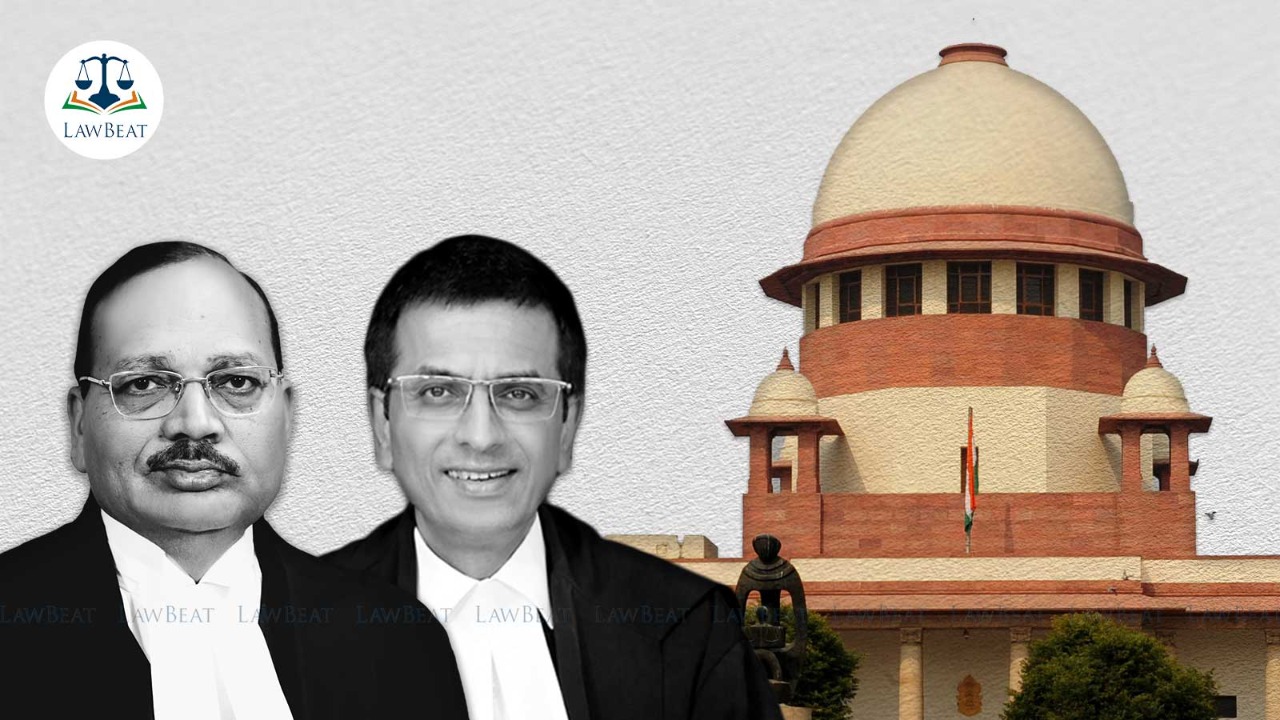Acquittal in a criminal case does not debar employer from proceeding in exercise of disciplinary jurisdiction: Supreme Court

Noting that the principles which govern a disciplinary enquiry are distinct from those which apply to a criminal trial, the Supreme Court on Tuesday held that the acquittal of the accused-employee in a criminal case does not debar the employer from proceeding in the exercise of disciplinary jurisdiction.
The Court further clarified that while in a prosecution for an offence punishable under the criminal law, the burden lies on the prosecution to establish the ingredients of the offence beyond reasonable doubt and the accused is entitled to a presumption of innocence, the purpose of a disciplinary proceeding by an employer is to enquire into an allegation of misconduct by an employee which results in a violation of the service rules governing the relationship of employment.
"Unlike a criminal prosecution where the charge has to be established beyond reasonable doubt, in a disciplinary proceeding, a charge of misconduct has to be established on a preponderance of probabilities. The rules of evidence which apply to a criminal trial are distinct from those which govern a disciplinary enquiry", said a bench of Justices Dhananjaya Y Chandrachud and Surya Kant.
State of Karnataka approached the Supreme Court assailing an order of the Karnataka High Court whereby it said aside the judgment of the Karnataka Administrative Tribunal dated 25th April, 2016 directing the compulsory retirement of one Umesh from service following a disciplinary enquiry on charges of bribery.
Umesh was a Village Accountant who had demanded a bribe for deleting the name of a person from Column No. 11 of the RTC with regard to land bearing Survey No. 54, situated at Shirdona Village.
A criminal complaint was registered with the Lokayukta police against Umesh for the commission of an offence punishable under Sections 7 and 13(1) (d) read with Section 13 (2) of the Prevention of Corruption Act, 1988.
The Special Judge gave the benefit of doubt to Umesh and acquitted him of all charges.
A disciplinary enquiry was also initiated under Section 7(2) of the Karnataka Lokayukta Act,1984. Taking note of the complaint, and the fact that the phenolphthalein powdered currency notes were seized from the respondent, the Karnataka Upa Lokayukta-1 held that a prima facie case was established.
The Additional Registrar of Enquiries in the Karnataka Lokayukta as the inquiry officer for framing the charge and conducting the inquiry. Subsequently, the charges against Umesh were held to be proved and the penalty of compulsory retirement from service was imposed.
Acquittal of Umesh in the course of the criminal trial did not impinge upon the authority of the disciplinary authority or the finding of misconduct in the disciplinary proceeding, the Supreme Court held.
Furthermore, it was held that while exercising judicial review, the Court does not act as an appellate forum over the findings of the disciplinary authority. It does not re-appreciate the evidence on the basis of which the finding of misconduct has been arrived at in the course of a disciplinary enquiry, said the bench.
With this view, the Karnataka Administrative Tribunal was held to be right in having exercised the power of judicial review found no reason to interfere with the award of punishment of compulsory retirement and the Division Bench of the High Court was found to have exceeded its jurisdiction under Article 226 and trenched upon a domain which falls within the disciplinary jurisdiction of the employer.
The appeals were allowed by the bench while setting aside the impugned judgment and order of the High Court of Karnataka.
Case Title: The State of Karnataka & Anr v. Umesh
